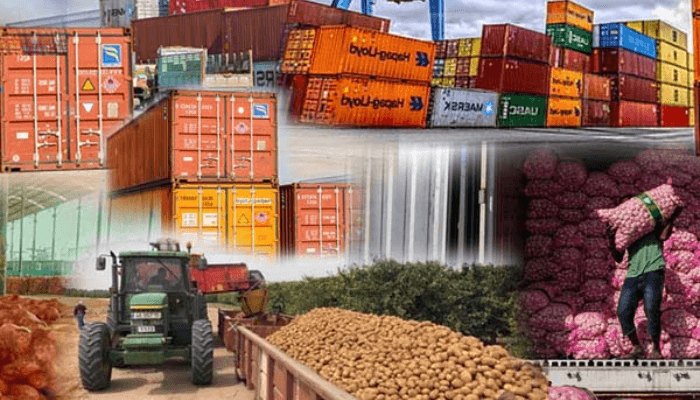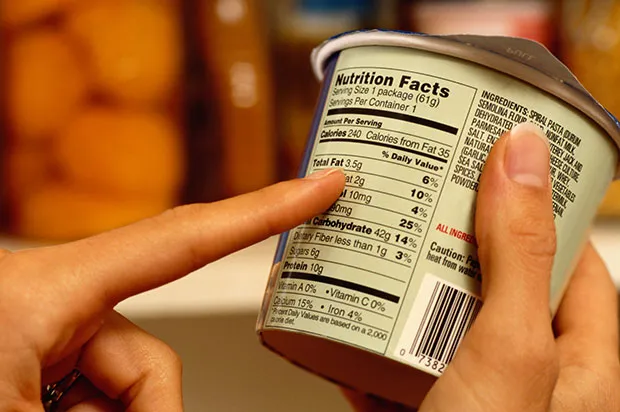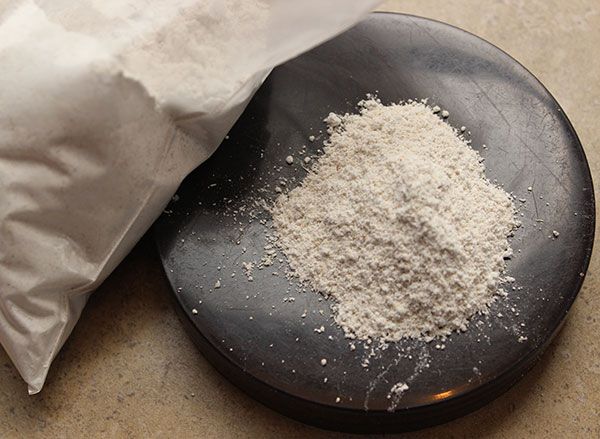Cross-Border Sanctions: What Small Exporters Must Know
You’ve got a buyer, a quality product, and logistics ready to go—But suddenly, your shipment is blocked. Why? The answer could be international sanctions. Cross-border sanctions aren’t just for big corporations or arms dealers.Even small exporters can be affected, sometimes without knowing it. Here’s what you need to know to avoid trouble, delays, or fines. […]










